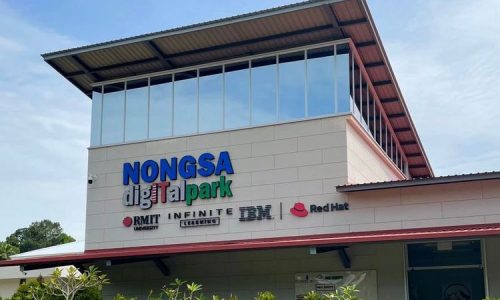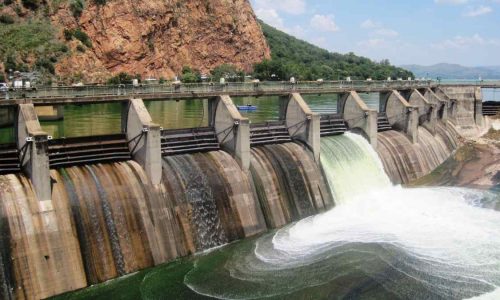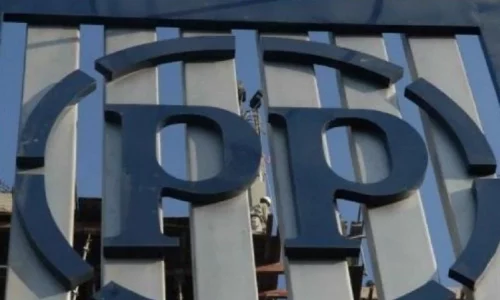Teten Masduki, the Minister of Cooperatives and Small and Medium Enterprises, revealed that around 70% of the income of the logistics industry has plummeted.
Teten suspects that this decline is driven by the influx of illegal textile imports into the country through online or e-commerce platforms.
Teten stated that these illegal imports have led to the proliferation of predatory pricing practices in the local online market. Predatory pricing is an illegal business practice that sets extremely low prices in an effort to eliminate competition.
“Predatory pricing in the current e-commerce landscape, according to industry players in logistics, is almost impossible if the flow of goods is conducted correctly,” said Teten on September 21, 2023.
Teten disclosed that one form of predatory pricing currently occurring is the sale of textiles priced below IDR 50,000 per unit. He mentioned that such practices are typically found on foreign-owned e-commerce platforms.
Majority of revenue controlled by foreign sellers
Teten noted that approximately 56% of the total revenue of the online market industry is controlled by foreign sellers. However, he emphasized that this statement is not a rejection of foreign investment in the national digital economy.
“Do not interpret it that way. Some say that the Ministry of Cooperatives is banning online sales through TikTok, how is that possible?” he said.
Nevertheless, Teten urged stakeholders to scrutinize the flow of goods in foreign-owned online markets. He reminded that illegal imports can be subject to criminal charges.
Therefore, Teten requested the Minister of Communication and Information, Budi Arie Setiadi, to take firm action against online markets that are proven to be in violation. Teten committed to examining all import documents for foreign products traded on all online markets.
“These platforms can be subject to customs laws. There is an obligation on the part of the platform to ensure that its sellers have the appropriate permits and import documents when selling imported goods,” Teten said.
Teten acknowledged that such practices are the dark side of digitalization, in addition to the increased welfare of society. “Therefore, every country regulates digital transformation to ensure that its disruption is moderate,” he added.
Weak supervision contributes to illegal imports
Sonny Harsono, Chairman of the Association of E-Commerce Logistics Entrepreneurs (APLE), confirmed that the cheap imported goods in online markets are not cross-border products. In other words, these goods are not directly imported by foreign traders and sold to local consumers.
Sonny believed that these products are imported through unofficial channels because there are 13 products that have been banned by the government but are still found in online markets. He attributed this to weak supervision and the absence of control systems from authorities.
“Many goods enter the country illegally via sea routes with relatively cheap shipping costs, around US$ 500 per container or the equivalent of US$ 0.001 per item. In contrast, using the official route incurs shipping costs of US$ 6 to US$ 8 per kilogram,” he explained.









